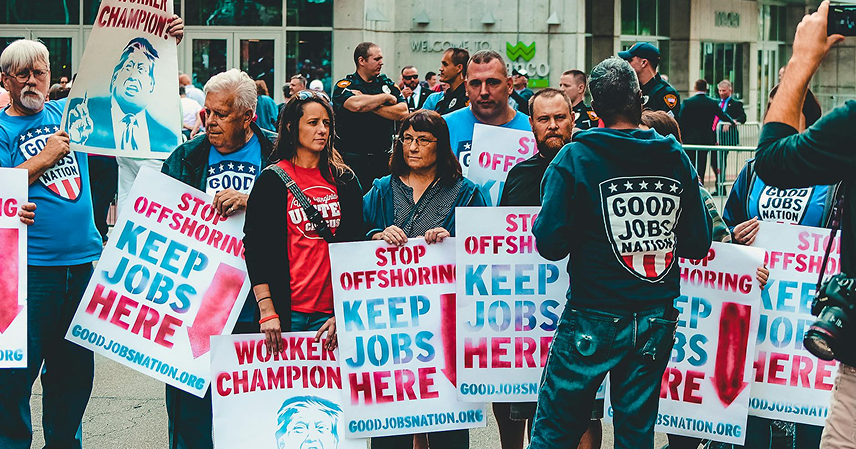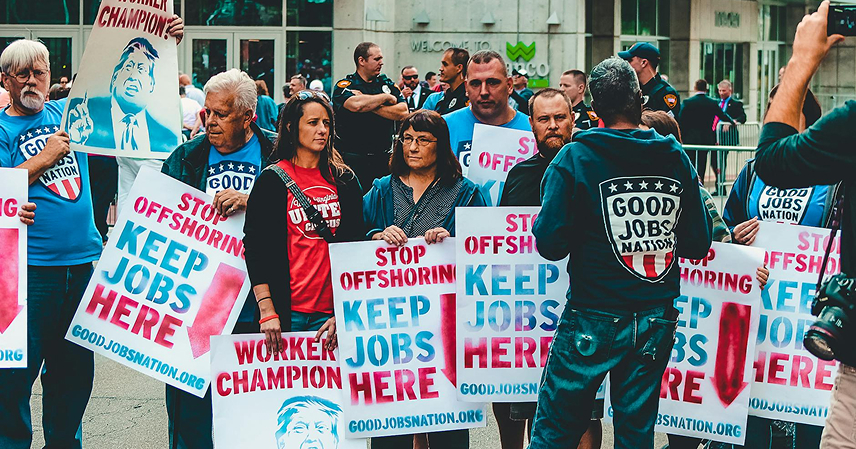
In a major turn of events, prominent social activist Medha Patkar was taken into custody by Delhi Police on Friday morning at Nizamuddin railway station. The arrest follows a non-bailable warrant (NBW) issued by a Delhi court in connection with a defamation case filed by Delhi Lieutenant Governor (L-G) VK Saxena. The case, dating back to November 24, 2000, revolves around a press release issued by Patkar, wherein she allegedly made defamatory remarks against Saxena, who was then the president of the National Council of Civil Liberties.
The legal proceedings have spanned over two decades. On July 1, 2024, a magisterial court found Patkar guilty of defamation, sentencing her to five months of simple imprisonment and imposing a fine of ₹10 lakh. However, the sentence was later modified by a sessions court on April 8, 2025, which suspended the jail term and placed Patkar on probation for one year, reducing the compensation to ₹1 lakh. The court mandated that Patkar submit probation bonds and pay the fine by April 23, 2025.
Despite the court’s directives, Patkar failed to comply with the conditions set forth. Her legal team filed an application seeking postponement of the execution of the order, which was dismissed by Additional Sessions Judge Vishal Singh. The judge labeled the application as “mischievous and frivolous,” accusing Patkar of attempting to “hoodwink” the court. Consequently, the court issued a non-bailable warrant for her arrest.
Deputy Commissioner of Police (South East) Ravi Kumar Singh confirmed Patkar’s arrest, stating that she would be presented before the Saket district court later in the day. The court has scheduled the next hearing for May 3, 2025. The judge warned that failure to comply with court orders could lead to a reconsideration of the lenient sentence previously granted.
This case highlights the significance of fulfilling legal responsibilities and the repercussions that can result from failing to do so. It also highlights the judiciary’s commitment to upholding the rule of law, irrespective of an individual’s social standing or contributions.


